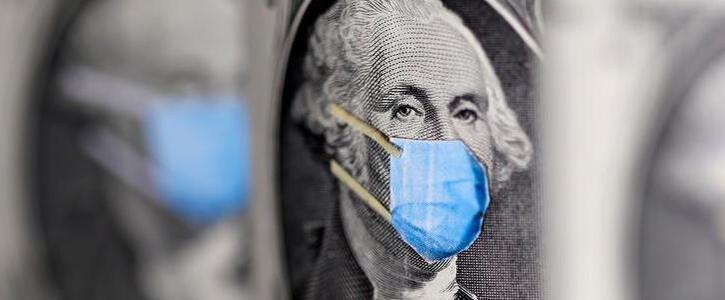100 signatures reached
To: U.S. Congress
Support Minority and Women-owned Businesses, replace flawed Paycheck Protection Program

CBS News reported that the initial round of Paycheck Protection Program funds had excluded “upwards of 90% of small businesses owned by minorities and women.” This percentage is unacceptable as House and Senate leadership should prioritize businesses owned by minorities, women, and those in underserved rural communities.
Why is this important?
The coronavirus pandemic has disproportionately ravaged Black and brown communities compared to their white counterparts. The small business market is no different, as minority-owned small businesses have struggled to stay afloat during this global health crisis.
The Paycheck Protection Program (PPP) is a loan program put forth by the Small Business Administration to give small businesses incentive to keep employees on payroll. However, 75% of the loan must go towards payroll — rent and utilities can only be paid with the other 25%. Minority and women-owned businesses on average have fewer employees compared to white, male-owned businesses. Many do not have employees at all. These businesses either didn’t qualify or the funds had been exhausted by the time their applications were processed.
Another hurdle for minority business owners to overcome is the relationships banks already have with non-minority businesses. Banks participating in loan-forgiveness programs are more likely to issue loans to existing clients. Unfortunately, businesses owned by people of color are less likely to have commercial banking relationships.
A reformed PPP should include demographic questions on loan applications to provide a better sense of who is receiving the loans and give business owners more leniency with how the loan is allocated.
It is simply not enough for Congress to replenish the funds if these problems persist. Congress must take the corruption out of government relief programs and create an economy that truly works for everyone.
The Paycheck Protection Program (PPP) is a loan program put forth by the Small Business Administration to give small businesses incentive to keep employees on payroll. However, 75% of the loan must go towards payroll — rent and utilities can only be paid with the other 25%. Minority and women-owned businesses on average have fewer employees compared to white, male-owned businesses. Many do not have employees at all. These businesses either didn’t qualify or the funds had been exhausted by the time their applications were processed.
Another hurdle for minority business owners to overcome is the relationships banks already have with non-minority businesses. Banks participating in loan-forgiveness programs are more likely to issue loans to existing clients. Unfortunately, businesses owned by people of color are less likely to have commercial banking relationships.
A reformed PPP should include demographic questions on loan applications to provide a better sense of who is receiving the loans and give business owners more leniency with how the loan is allocated.
It is simply not enough for Congress to replenish the funds if these problems persist. Congress must take the corruption out of government relief programs and create an economy that truly works for everyone.
